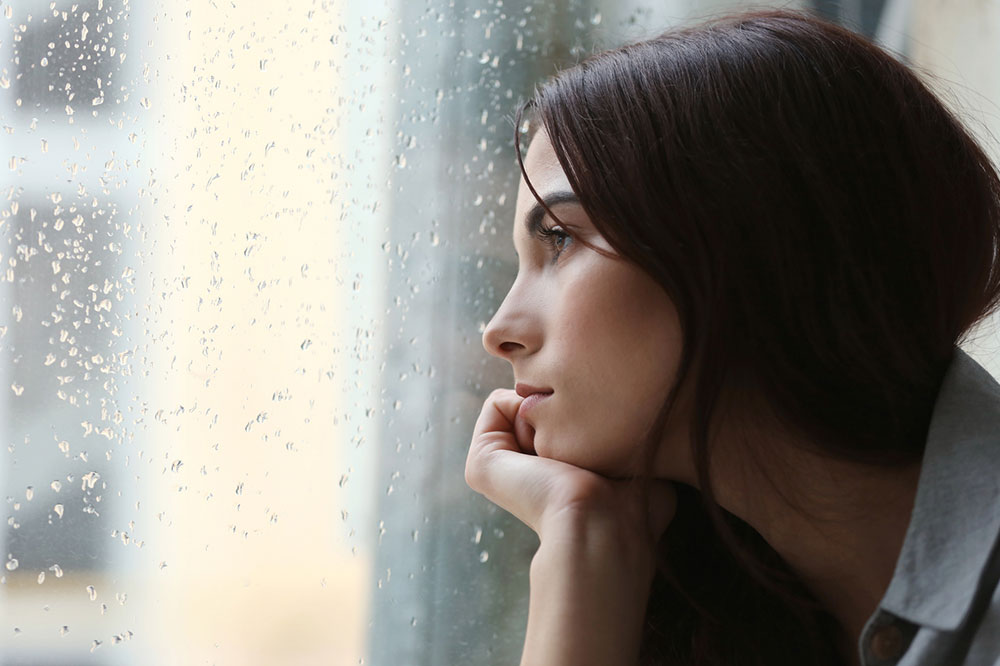
6 Major Symptoms of Depression
Depression is a mood disorder that gives an individual a persistent feeling of sadness and loss of interest. There are a variety of types when it comes to this condition, and they all directly impact how one thinks, feels, and behaves. Depression can also lead one into feeling that their life lacks meaning and a sense of belonging. So what are the other major symptoms of depression to look out for? Let us find out.
1. Helpless or Hopeless Outlook
Primarily, depression is a mood disorder that has a direct impact on how one may feel in general. One of the most common symptoms of depression is the feeling of helpless hopelessness. Other feelings that one may experience in depression include inappropriate guilt, self-hate, and worthlessness.
2. No Interest in Once-enjoyable Activities
Games, activities, or hobbies that usually appeal to one no longer seem interesting. Depression usually takes away all the enjoyment or pleasure from the things that one loved or enjoyed. Withdrawal from the sport one loved and cutting off with friends and family are all telltale symptoms of depression. At times, one’s sexual drive may also be hampered. In people with major depression, the symptoms include impotency and reduced sex drive.
3. Not Feeling Energetic
A notable reason for not enjoying many things is that one continually feels low on energy or tired. Overwhelming fatigue or lack of energy is the most common sign of depression. More so, it may slow down thinking, which may make it hard for one to manage day-to-day tasks and routine.
4. Inability to Concentrate
If one is going through depression, concentration is an issue. They might find it impossible to focus on everyday things, such as watching TV or reading a newspaper, which might require a lot of procrastination. At times, one may even find it hard to remember the tiny details. Making a decision can also become problematic, regardless of how big or small it may be.
5. Irritability in Men
Even though depression can happen to anyone and at any age, the symptoms may be different. Several researchers have proven that depression leads to risky or escapist behavior, irritability, misplaced anger, or substance abuse, especially in men. Moreover, men are relatively less likely to acknowledge that they have depression or seek medical assistance.
6. Anxiety
Even though depression will not necessarily cause anxiety, the two conditions are related. A few symptoms that indicate anxiety are restlessness, nervousness, rapid heart breath, feeling tense, dreading things, panicking, getting scared, heavy sweating, and muscle twitching or trembling.
One must be open to the various treatment options available and not hesitate to ask for help from their near and dear ones.



